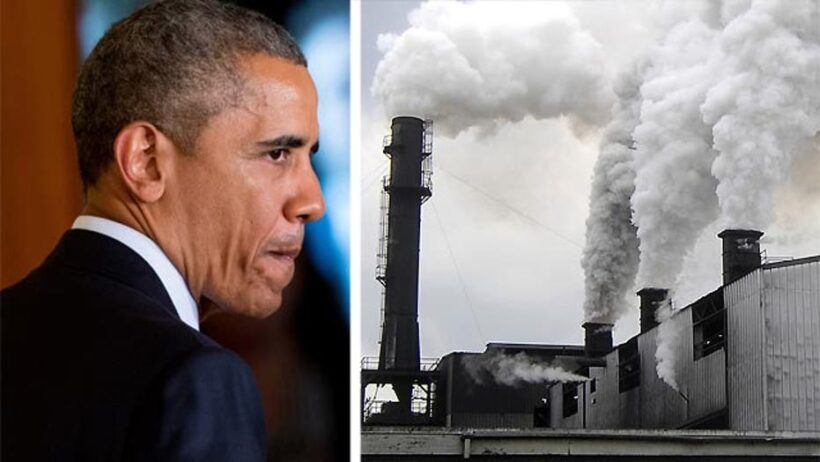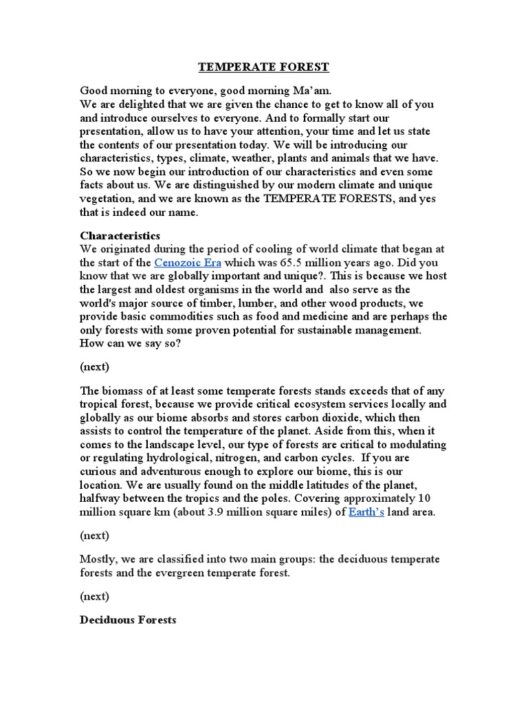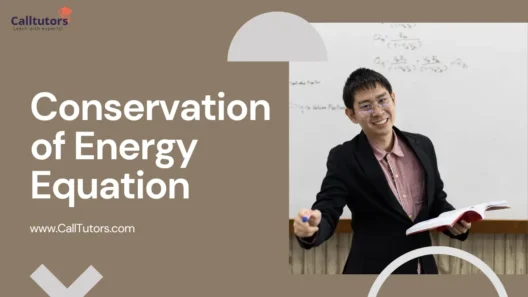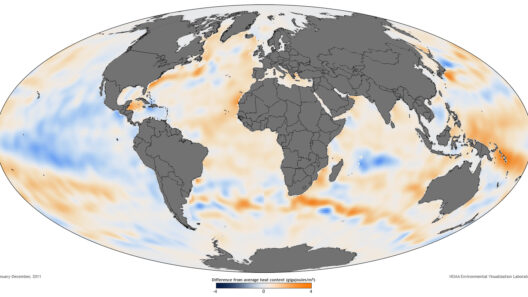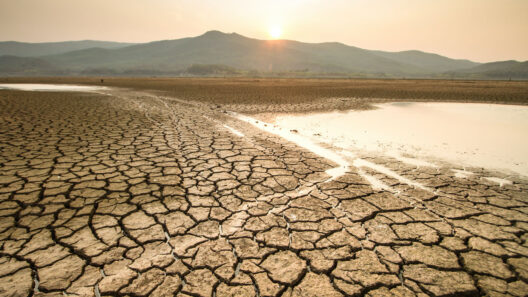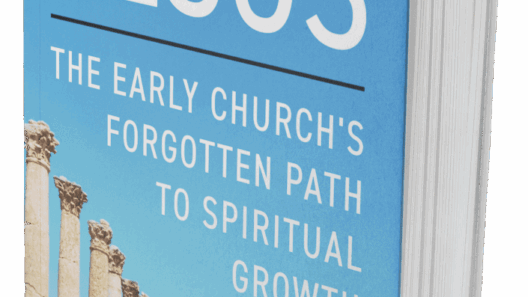The climate change debate, much like a tempestuous ocean, continues to churn and surge as we forge ahead into 2025. The question that looms large is whether this debate remains a tangible reality or if it has succumbed to the dissonance of political rhetoric, public apathy, and the allure of a conveniently mediocre status quo. As the Earth quietly bears witness to its evolving climate, it is imperative to probe the depths of this pressing issue, examining its complexities and the myriad narratives that shape public perception.
Firstly, let us ponder the core evidence of climate change. The past decade has been punctuated by a series of calamitous weather events—hurricanes that scream like wailing banshees, wildfires that devour landscapes like an insatiable beast, and droughts that wither vast expanses of fertile land into arid wastelands. These phenomena are not mere anomalies; they are harbingers of an escalating crisis, a clarion call urging society to awaken from its slumber. The scientific consensus is akin to a resounding chorus of experienced voices,**171 leading experts warning us of the looming catastrophe if we remain unyielding in our inaction.
Amidst the cacophony of climate science, one must recognize the tendency of political entities to manipulate narratives. Politicians, often conferred the burden of representing their constituents, may occasionally trade long-term ecological health for immediate economic gain. This expedient bargain manifests itself in policies that prioritize fossil fuels over renewable energy sources. The allure of short-term prosperity creates a paradox where economic stability is pitted against environmental sustainability. This perilous choice reflects a societal myopia, an inability to see beyond the immediate horizon.
As we navigate this multifaceted conundrum, it becomes evident that the climate change dialogue is frequently muddied by misinformation. From the fringes of social media to the grand halls of government, the distortion of scientific data proliferates like weeds in a neglected garden. This dissemination of half-truths and outright fallacies complicates public perception and engenders a schism between those who acknowledge the urgency of climate intervention and those who remain entrenched in skepticism. In 2025, the battleground for hearts and minds is not merely academic; it is critically subjective, verging toward existential implications that reach across generations.
Moreover, let us delve into the role of individual and collective action within this narrative. The apocalypse is not an event; it is a series of choices made daily by individuals whose cumulative impact can stir the currents of change. Transitioning to sustainable practices, supporting eco-friendly policies, and amplifying the voices of climate activists are all essential components of a robust response to the climate crisis. The climate movement has burgeoned into a global phenomenon, with youth activists leading the charge, their fervor igniting movements that reverberate through classrooms, boardrooms, and government chambers alike.
Yet, despite this grassroots momentum, the question arises—is the fight against climate change more than just a fleeting trend? In 2025, the urgency must not dissipate into the ether of political expediency. Sustainability cannot be relegated to mere buzzwords; it demands a radical restructuring of societal paradigms. For example, the shift from a linear economy—to a circular economy—is not simply a shift in terminology but a transformative philosophy that reimagines waste as a resource rather than an end product.
The intertwined relationship between climate change and social justice also warrants examination. Environmental degradation does not affect all segments of society equally. Vulnerable communities, often marginalized and disenfranchised, bear the brunt of climate impacts. This inequity highlights the importance of addressing climate injustice parallel to environmental action. Social equity and environmental stewardship are not disparate issues; they are intricately woven into the fabric of sustainable progress. In 2025, a holistic approach that encompasses both ecological conservation and social equity will be pivotal in advocating for a resilient future.
As we navigate the complexities of climate discourse, one prevailing notion persists: the inevitability of change. Regardless of debates surrounding the veracity of human-induced climate change, the internet has irreversibly evolved our political and social landscapes. Opinions are now shaped in real time, where knowledge is democratized but oftentimes trivialized. To counter this, it is paramount to ground our understanding in scientific rigor while fostering spaces for diverse voices to contribute to the dialogue.
In conclusion, the climate change debate is not merely relevant but imperative as we traverse the complexities of 2025. It is a crucible of ideas, a platform for discourse that demands urgency, authenticity, and equity. The confluence of politics, science, and social movements offers fertile ground for transformative change, and the onus remains on each individual to partake in this vital discussion. As stewards of our planet, the choices we make today resonate deeply into the future, shaping the stories we leave behind. In the heart of the climate change debate, we must persistently ask ourselves—what future do we choose to nurture, and which legacies will we forge in the name of preservation?


